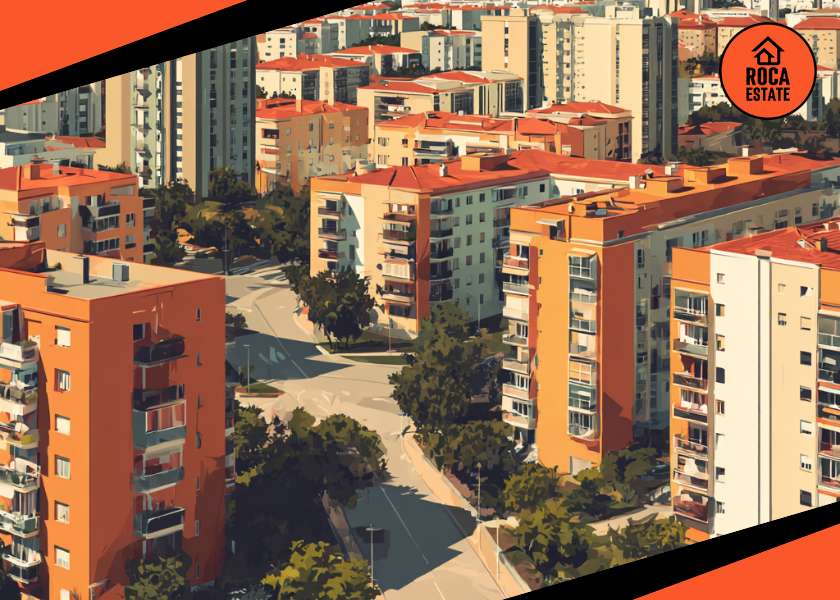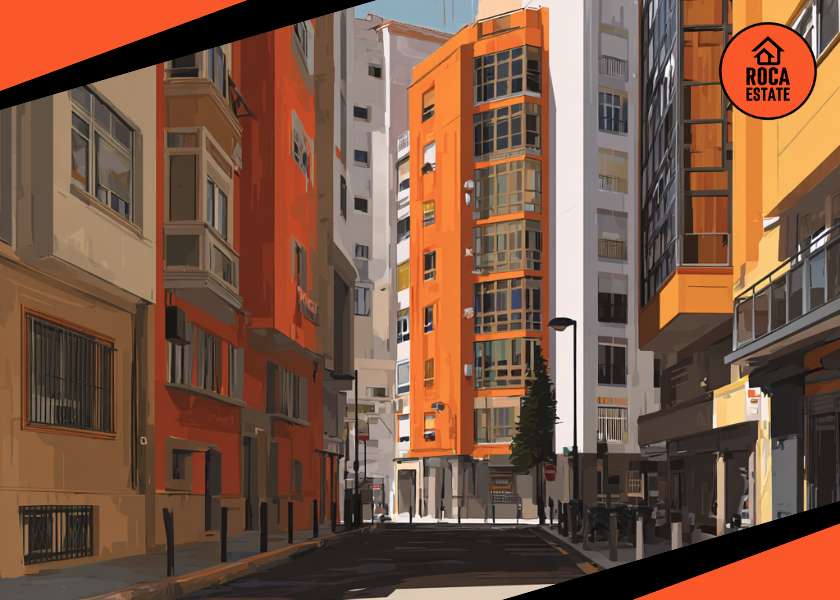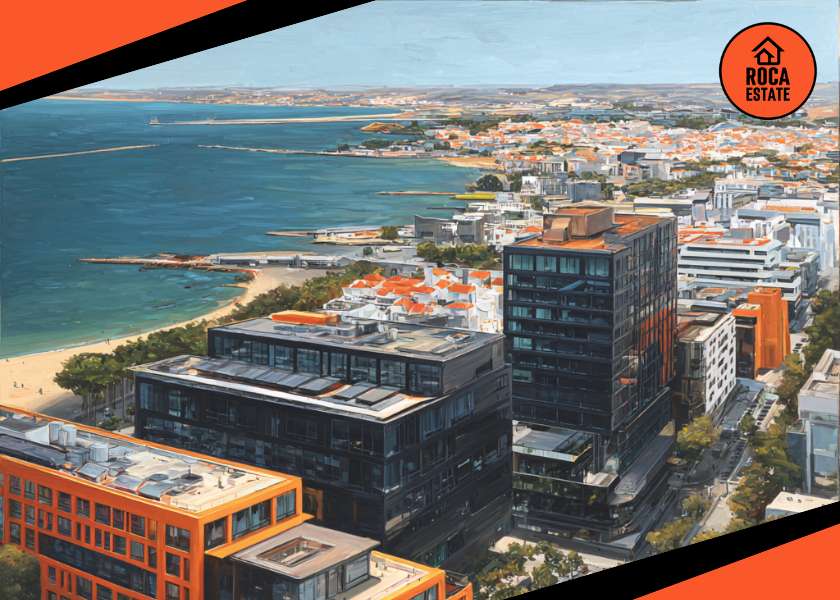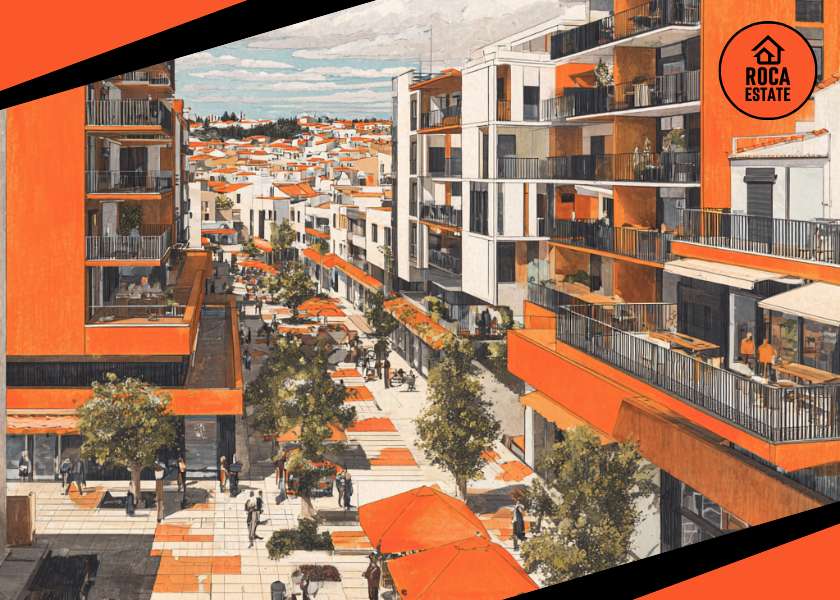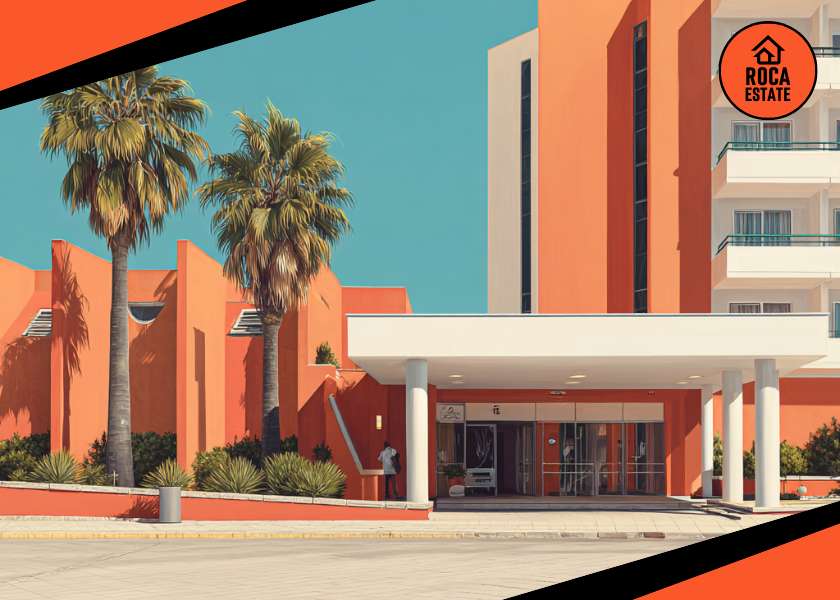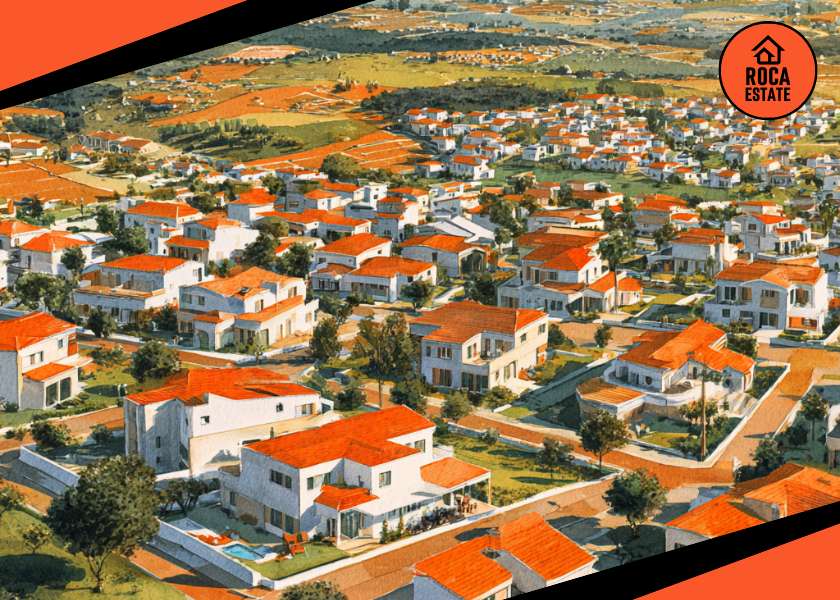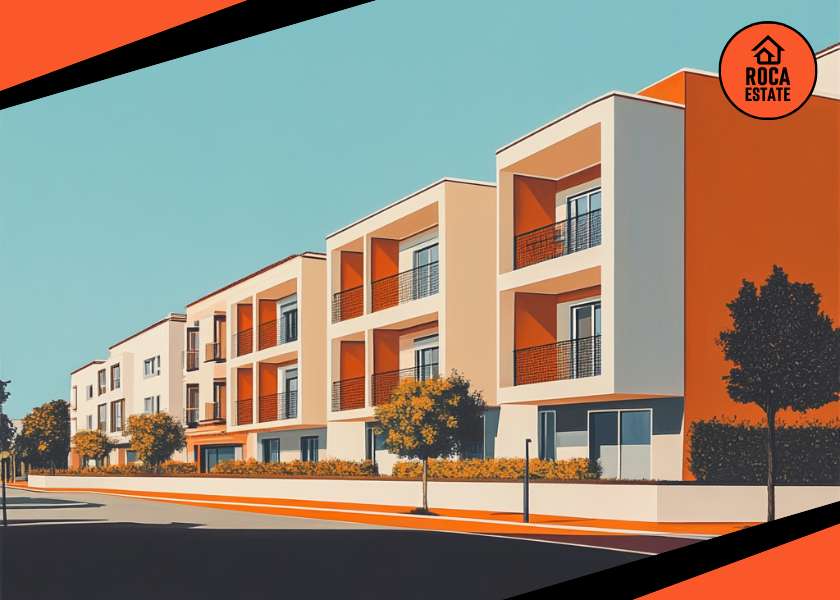Portugal Resident Tourism Report — 1st Quarter 2025 Analysis for Real Estate Investors
Portugal commercial real estate is poised for fresh momentum as domestic tourism surges. According to the latest data from INE, resident trips rose 16% in the first quarter of 2025 compared to the same period last year. With 5.2 million total trips — 4.5 million of them within Portugal — this trend signals strong internal demand, creating new openings for real estate investment linked to hospitality, retail, and service sectors.
The report also shows a sharp 48% rise in business travel and growing reliance on digital planning, pointing to shifting consumer behavior that favors well-positioned, flexible-use properties. For investors in Portugal commercial real estate, these figures provide timely, data-backed guidance for asset strategy and portfolio positioning.
Key Insights: Domestic Demand Reshaping Local Asset Strategy
1. Domestic Travel Growth Strengthens Regional CRE Cases
Domestic trips rose 15.6% year-on-year to 4.5 million, highlighting continued strength in internal mobility and spending. This sustained local activity benefits Portugal commercial real estate by supporting retail footfall, short-term lodging demand, and transport-linked developments — especially in second-tier cities.
Investors should closely watch underdeveloped tourism corridors and evaluate mid-sized hotel opportunities and convenience retail in municipalities experiencing repeat travel growth.
2. Business Travel Recovery Reinforces Urban Asset Demand
Professional and business travel surged by 48%, now accounting for 12.5% of total trips. This points to a revival in corporate mobility and renewed appetite for urban infrastructure — hotels, coworking hubs, and meeting-friendly mixed-use spaces.
Hotel assets, in particular, remain central to this segment, absorbing 43.5% of all business-related overnight stays. These figures make a compelling case for expanding or repositioning hospitality holdings in Lisbon, Porto, and key regional business centers.
3. Informal Lodging Dominates, But Gaps Remain for Quality Supply
Free private accommodation captured 64.7% of overnight stays, driven by both leisure and family-focused travel. This dominance of informal supply creates an opportunity for institutional-grade short-stay formats — licensed, professionally managed, and digitally accessible.
As demand climbs, professionally operated alternatives to short-term rentals may offer differentiation, regulatory clarity, and scalable returns in the Portugal commercial real estate landscape.
4. Digital Planning and Advance Booking Trends Gain Ground
Advance bookings occurred in 36.9% of trips, and online planning played a role in over 27% of all travel, particularly for trips abroad. These behavioral trends support investment in tech-enabled properties and self-service formats, from smart hotels to frictionless retail.
Digital integration is no longer optional — it’s becoming essential for attracting higher-value domestic travelers, especially younger and business segments.
5. Trip Duration Contracts Slightly, Favoring Agile Hospitality Assets
Average trip length fell to 2.75 nights (from 2.84 in Q1 2024), indicating shorter, more frequent domestic getaways. This reinforces demand for properties optimized for quick turnaround, high occupancy, and dynamic pricing — critical for short-stay and urban hotel models within the Portugal commercial real estate market.
What Investors Should Watch
1. Growth Hotspots Beyond Lisbon and Porto
Secondary markets are outperforming in domestic travel metrics. Investors should monitor localized tourism trends to identify emerging retail or hospitality opportunities and reevaluate portfolio allocations accordingly.
2. Short-Term Rental Regulations in the Pipeline
The disproportionate use of informal accommodation raises the likelihood of tighter rental regulations in the near term. Investors positioned with licensed lodging assets may benefit from reduced competition and a more stable operating environment.
3. Infrastructure Investment’s Ripple Effect
National investments in mobility and connectivity could accelerate regional tourism flow. Investors in Portugal commercial real estate should track infrastructure project timelines and align acquisition strategies with these emerging corridors.
Strategic Conclusion
The Q1 2025 resident tourism data highlights a growing divergence between rising travel volume and a commercial real estate market still catching up to demand. The Portugal commercial real estate sector stands to benefit from intensifying domestic travel trends, particularly through smart positioning in hospitality, retail, and regional urban cores.
To manage risk and capture value, investors should:
- Reallocate toward regional cities with sustained tourism momentum
- Prioritize digitally integrated, flexible-use assets
- Monitor the regulatory landscape around informal lodging
With Q2 peak season data set to release in October, now is the time to assess portfolio alignment and prepare for a potentially transformational phase in Portugal commercial real estate.
For tailored market insights and investment opportunities, explore how Roca Estate can support your next real estate move in Portugal.











